If You See These Signs, Take Your Guinea Pig to the Vet Immediately
Guinea pigs don’t make a fuss when they’re sick. They just keep nibbling, sitting, and acting like everything’s fine, until it really isn’t. Because they hide illness so well, small warning signs matter more than you’d think, and catching those signals early could save their life. These are the moments to stop guessing and call the vet.
Not Eating for Half a Day or More
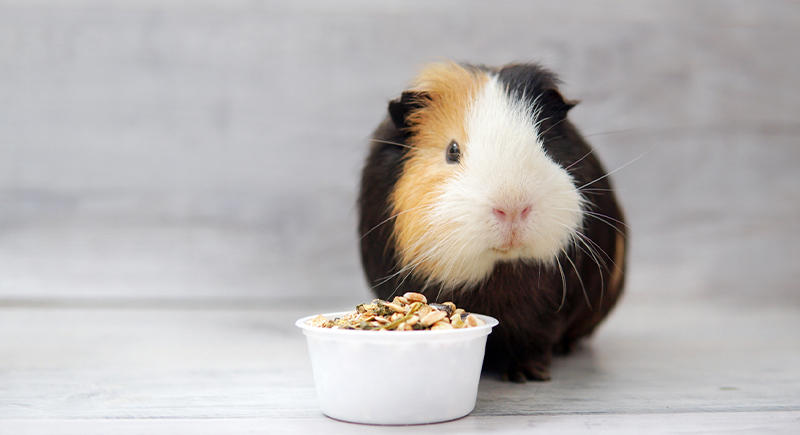
Credit: iStockphoto
Their digestion depends on constant grazing. Without food, their gut slows, which can cause a dangerous condition called gastrointestinal stasis. Hay, especially, keeps things moving. If they haven’t touched their usual favorites in 12 hours, the vet may need to jumpstart their system before it shuts down completely.
Droppings Have Changed or Disappeared

Credit: iStockphoto
Healthy guinea pig poop is plentiful, oval-shaped, and consistent. No poop or very tiny, dry droppings mean something’s not moving right internally. This could signal poor nutrition or intestinal blockage. Diarrhea, on the other hand, is equally dangerous and often tied to parasites or dietary imbalances.
Breathing Looks Like a Struggle
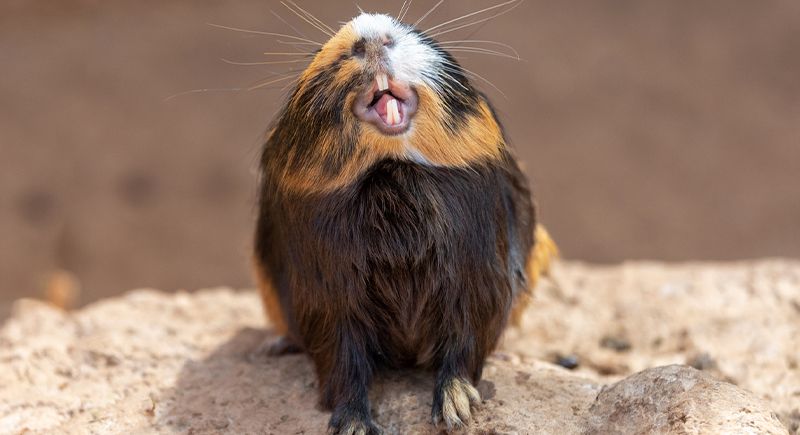
Credit: iStockphoto
Something’s wrong if they lift their heads repeatedly or breathe with their mouths open. Respiratory infections are common in guinea pigs and can worsen quickly. If left untreated, pneumonia is a real risk. Unlike cats or dogs, guinea pigs can’t cough, so they can’t clear mucus without help.
They’re Just Sitting There—Too Still
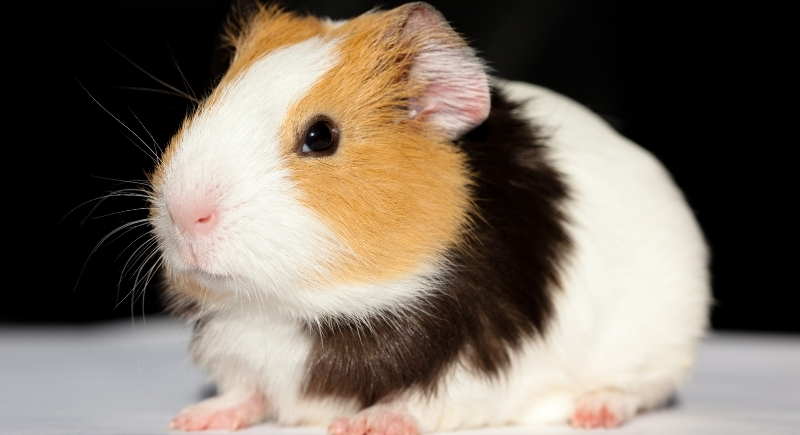
Credit: Getty Images
It’s normal for guinea pigs to pause and nap, but if they stay tucked in one spot, barely moving for hours, something may be off. Sudden quietness or avoidance of interaction could point to internal discomfort or fever. Guinea pigs often “freeze” when they feel bad, which can look deceptively calm.
Limping or Odd Movements Start Up
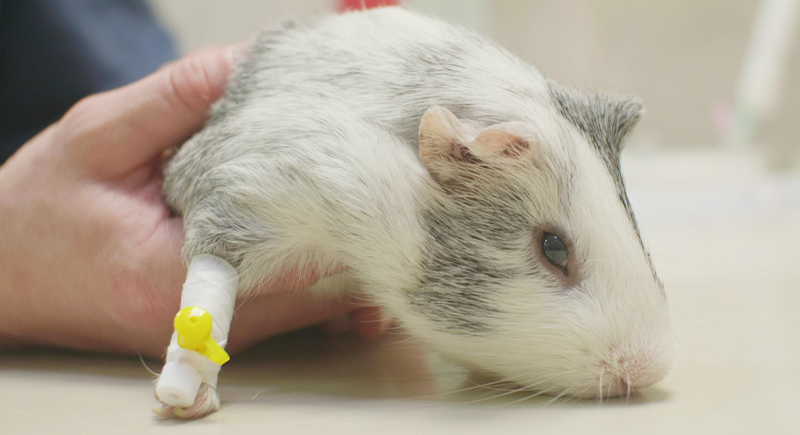
Credit: iStockphoto
Limb issues could mean injury or even nerve damage. It might also signal a lack of vitamin C, which guinea pigs need daily. Joint stiffness, bone pain, and paralysis can creep in without the right nutrition.
Sudden Weight Loss That Sneaks Up on You
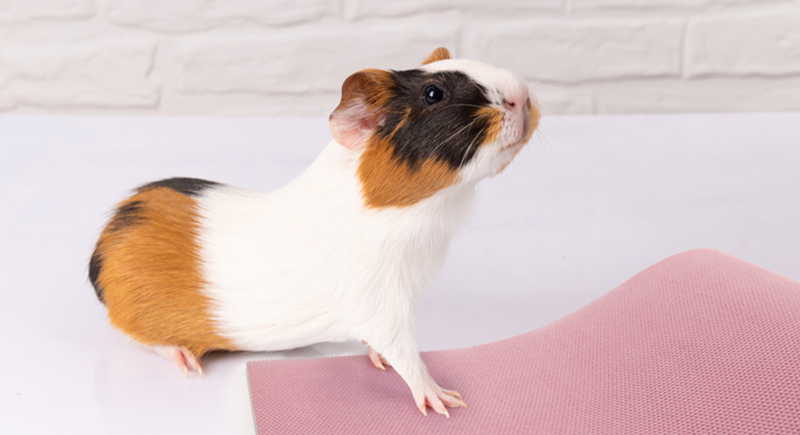
Credit: iStockphoto
Weight loss is easy to miss under all that fluff. But checking regularly—weekly with a digital kitchen scale—is key. If the number dips noticeably over a short time, don’t assume they’re just picky eaters. Rapid weight loss can mean dental disease or chronic illness.
Hair Loss and Bald Patches Appear
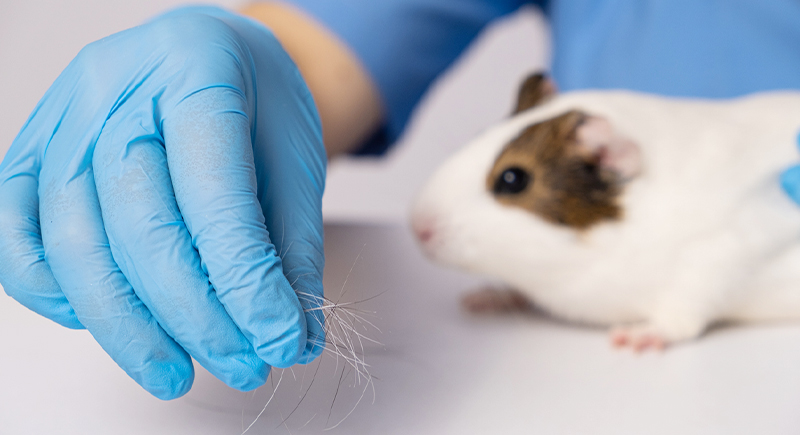
Credit: iStockphoto
If fur starts falling out or they’re scratching themselves raw, it could be fungal infections or hormonal issues. Parasites especially tend to show up as rough skin with thinning fur. These problems won’t clear on their own—topical treatments or prescriptions are usually required.
They’re Drinking Way More Than Usual
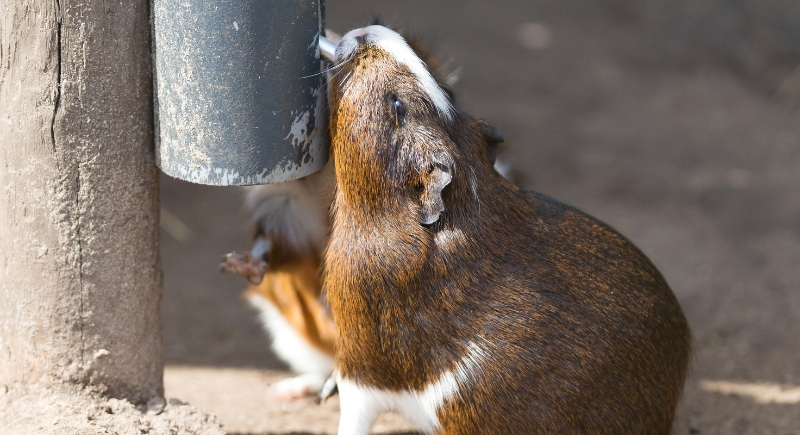
Credit: Getty Images
An increase in thirst doesn’t seem alarming at first, until you realize it could point to kidney trouble or diabetes. Guinea pigs typically sip throughout the day. Sudden thirst changes should never be ignored, especially if appetite or energy drops, too.
Bloated Belly That Feels Firm
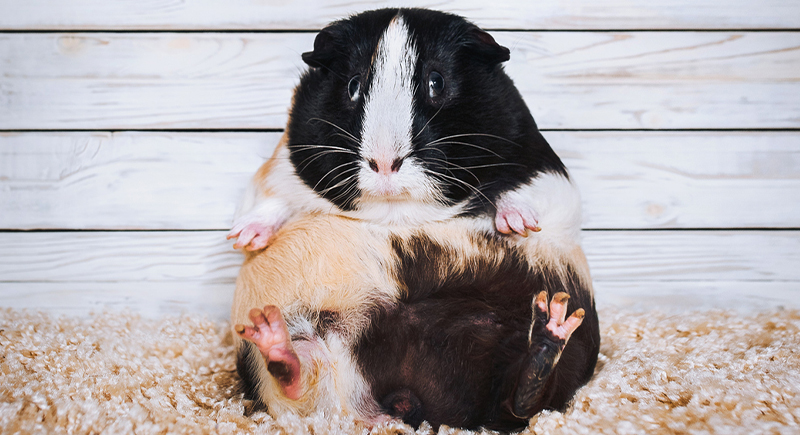
Credit: iStockphoto
Guinea pigs can’t vomit or burp, so any gas buildup becomes serious quickly. Bloat often comes with pain and refusal to eat. It’s extremely dangerous and requires immediate treatment. This one can turn fatal within hours if left alone.
Eyes Look Cloudy, Crusty, or Wet
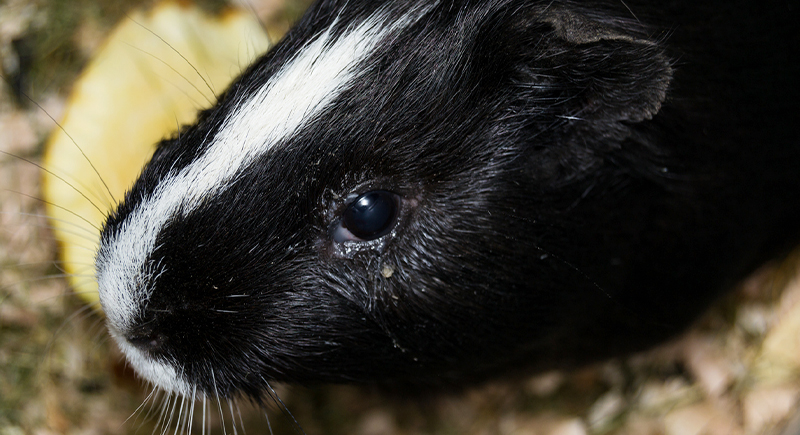
Credit: iStockphoto
Healthy guinea pig eyes are shiny, clear, and alert. Anything different—like discharge, cloudiness, or sunken sockets—should be looked into. Eye issues may stem from infections or injury pressing from behind. Don’t wipe it and move on. These symptoms usually mean something deeper, and only a vet can diagnose the real cause.
They’re Pregnant (Or Might Be)
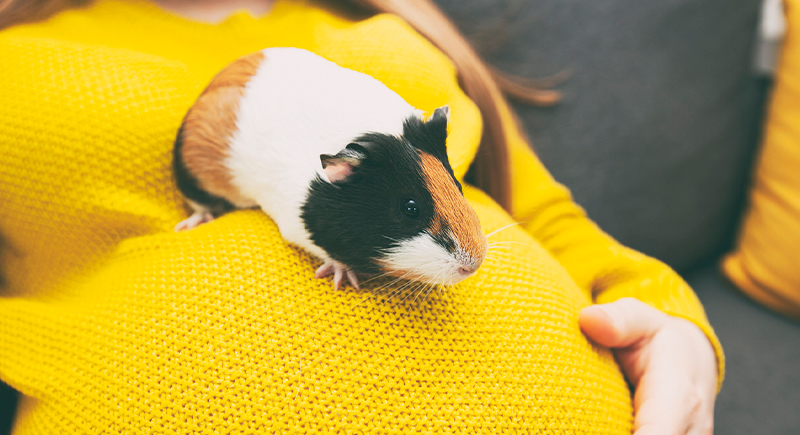
Credit: iStockphoto
Pregnancy in guinea pigs isn’t always straightforward. Complications are common, especially for females bred too late or too young. If you suspect a pregnancy, getting a vet involved early is smart. They can assess risk factors, monitor weight, and be ready in case labor gets complicated.
Chewing Sounds Off or Seems Painful

Credit: Getty Images
Dental problems sneak up fast. Misaligned teeth can make chewing tough or painful. You might notice slower eating, dropping food, or chewing only on one side. Guinea pig teeth never stop growing, and if they aren’t wearing them down properly, it leads to sharp points or overgrowth.
A Lump Appears Under the Skin
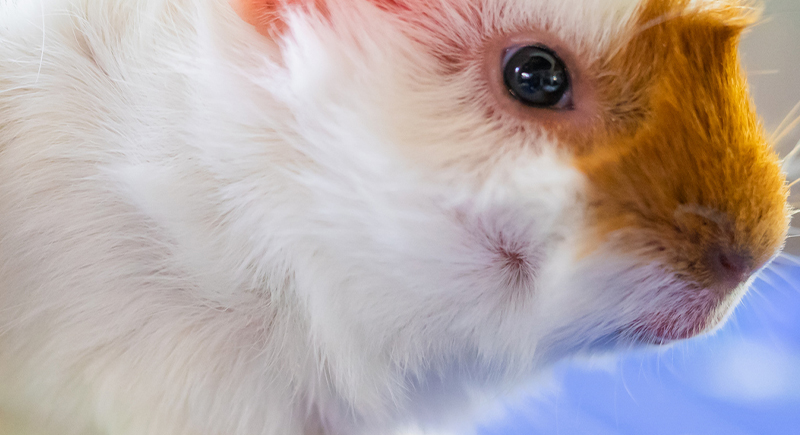
Credit: iStockphoto
Any noticeable bump or swelling under their fur should be taken seriously. It might be an abscess, tumor, cyst, or enlarged lymph node. Lumps don’t always hurt at first, but they usually don’t shrink on their own. Even harmless-looking growths can become infected.
Feet Are Swollen, Red, or Cracked
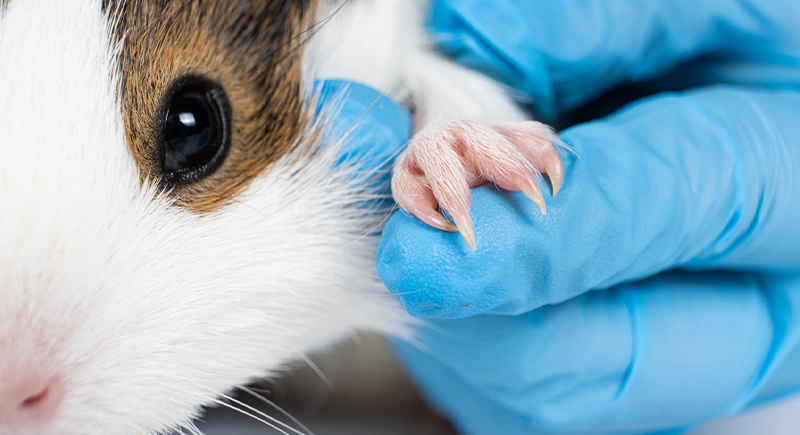
Credit: iStockphoto
Swollen feet, scabs, or rough pads could indicate bumblefoot, a condition often caused by rough flooring, poor hygiene, or obesity. If untreated, bumblefoot can be painful and progressive, eventually leading to infections in deeper tissue. Once the skin breaks, healing becomes much harder.
They Just Don’t Act Like Themselves
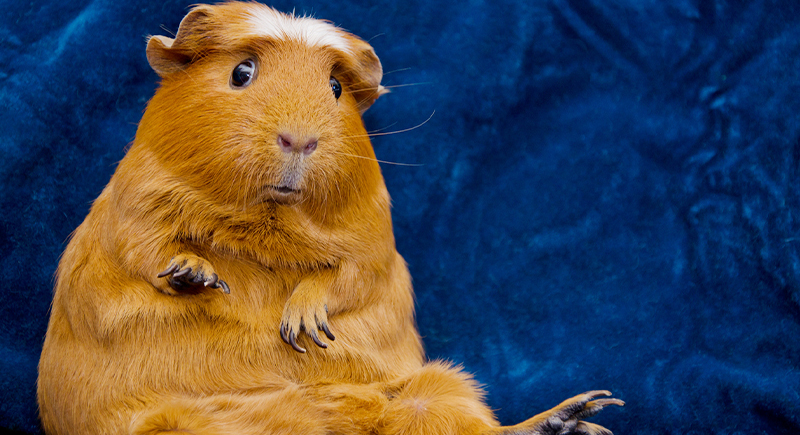
Credit: iStockphoto
Sometimes the change isn’t dramatic, but subtle. They’re still eating, but slower. They respond, but not eagerly. Maybe they squeak less or seem hesitant to move around. You know their normal routines. If something’s off and you can’t explain it, trust that instinct.